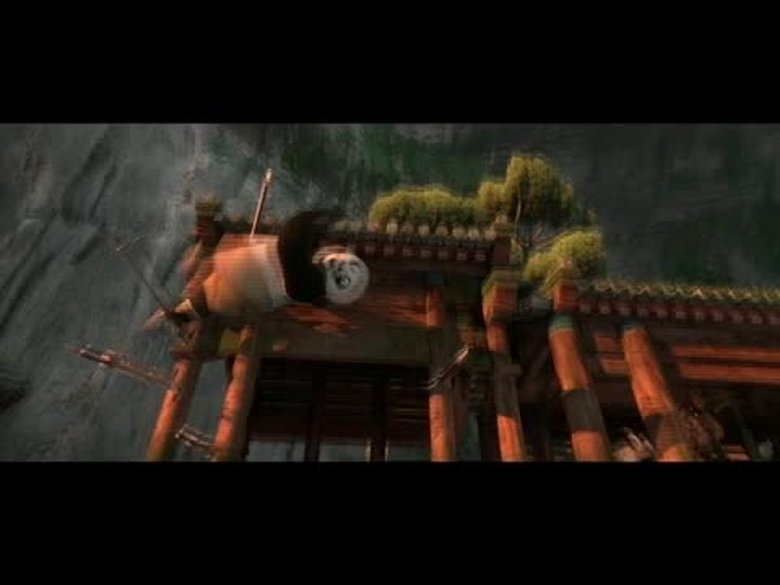【新唐人2011年6月17日訊】這個月10號發生的廣州增城新塘大規模衝突事件,引發海內外輿論的強烈關注。15號,廣州市公安局發佈消息聲稱,已經抓捕了事件中傳播“孕婦丈夫被打死”的散佈者。與此同時,中共黨報《人民日報》也首度發文,定性增城發生的是「外來勞工與本地人衝突事件」。評論人士認為,當局在轉嫁矛盾,而真正的矛盾是「農民工和政府之間的官民矛盾」。
廣州增城新塘大規模衝突事件,目前事態暫時趨於和緩。儘管這起衝突事件讓各界輿論熱烈關注,但中共當局一直保持靜音。15號,中共黨報《人民日報》姍姍來遲刊登了一篇時評,標題是《流動時代唱好融合大戲》。
時評說,近來,一些地方接連發生了本地人與外來務工人員的摩擦事件。雖然衝突已經過去,但那『外來人員毆打當地人、當地人毆打不會講本地話的外地人』的情景,仍深深刺痛了人們。
《人民日報》這篇時評雖然沒有直接點名,但外界認為,這是北京首次間接對最近在潮州和增城發生的衝突事件發表看法。
前陝西電視臺編輯馬曉明:“你把老百姓鎮壓下去了,你把游行的、抗爭的老百姓鎮壓下去,引起事端的原因,你們找到沒有?把對人民的侵害,這些事件你們查處沒有?不查處,照樣貪污、照樣去掠奪,老百姓還要抗爭的,還會起來。”
馬曉明表示,當局不徹底解決問題的根源,被欺壓的民眾會採訪更極端的方式去對抗政府。
馬曉明:“現在不是說沒有流血,現在不是說沒有死人,(中共)打死打傷打殘多少人。老百姓忍無可忍,他不可能說不反抗啊!甚麼叫極端的呢?就是有組織的,真正真刀真槍的進行長期的武裝抗爭的。我們現在都不敢排除有這樣的情況啊,這還在後面呢!”
本月初發生的潮州四川民工討薪被砍傷,從而引發了大規模抗議;而新塘發生衝突的起因是,來自四川省的孕婦王聯梅在擺攤時,遭到當地治安隊的毆打,招致民眾的不滿和抗議。
對《人民日報》把兩起衝突定性為本地人與外來務工人員的摩擦事件,在美國紐約的勞工活動人士劉念春認為,要追根溯源的話,造成的原因,還是共產黨建政之初就有的「城鄉二元化」社會結構。
劉念春(紐約勞工活動人士):“這種社會結構實際上就是對農民的一種歧視。這次說是四川人和廣東人發生衝突,實際上還是農民工去城裡打工他受到的不公正待遇。所以它要維護自己的權益。這時候就變成了農民工和城市人之間的矛盾。實際上他的矛盾應該是農民工和政府矛盾。政府現在把這個矛盾轉嫁了, 轉嫁到城市人身上了。”
香港《蘋果日報》評論員李平也認為,如果刻意渲染民工與當地居民的衝突,未免有幫當局轉移視線的嫌疑。
1958年,中共當局頒布了《戶口登記條例》,開始實行城鄉二元管理的戶籍制度,產生了現代戶籍制度中的“農村戶口”,也就是城鄉之間不能自由遷移。而這一制度隨著城鄉之間交流越來越廣泛,早就引起了爭議與指責。
今年4月,《中國經濟時報》報導了中共國務院發展研究中心課題組,對全國6232名農民工進行問卷調查。調查顯示,目前農民工在城市遭遇“邊緣化”,被當作廉價勞動力對待,非但沒有被城市吸收,反而遭到忽視、歧視和傷害。如果處理不當,這種情況將構成一個破壞“穩定”的重大威脅。
新唐人記者李靜、蕭宇、採訪報導。
CCP Blames Migrants For Conflicts
The large-scale riots that broke out in Guangzhou
on June 10 have drawn great media attention.
On June 15, Guangzhou police claimed
to have arrested the person spreading the news about
“a pregnant woman』s husband beaten to death.”
Also, the Chinese Communist Party (CCP)
mouthpiece People』s Daily claimed that the cause
was “conflict between migrant works and locals.”
Experts believe that the regime is trying to avoid responsibility, because the real cause was
“conflict between migrant works and local officials.”
The large-scale riots that broke out in Xintang District
of Guangzhou have temporarily ceased.
While the event drew great media attention,
the Chinese regime remains silent. On June 15,
People』s Daily published a commentary titled
“Integration Importance During Age of Migration.”
The commentary said there were a series of conflicts
between locals and migrant workers recently.
While the conflicts have passed, the memories of
“migrant workers beating locals, and locals
beating migrants” still pains people deeply.
While no names were given in the article,
many believe that the regime is referring to
on the recent riots in Chaozhou and Zengcheng.
Former Shanxi TV editor Ma Xiaoming:
“You have suppressed the people who went on riot,
but have you found the cause of the conflict?
People are suffering, have you investigated? No.
You continue to corrupt and rob.
The general public will fight again, it will stand up again.”
Ma Xiaoming said that if the regime does not solve
the root cause, the suppressed citizens will seek
even more extreme measures to fight back.
Ma Xiaoming: “They say no blood was spilled
and no one was killed, but how many did the CCP
beat to death or disability? The people cannot bear
anymore; they can』t say they won』t fight back!
What is extreme? Is it to organize and start
long periods of armed protests? We can』t even say
that this doesn』t already exist. And more will come!”
Earlier this month, a migrant worker from Sichuan
seeking his pay, was stabbed with a knife,
leading to a large scale protest; then in Xintang,
police assaulted a pregnant woman, Wang Lianmei
from Sichuan, leading to public unrests and protests.
Regarding People』s Daily』s claim that both incidents
are due to conflicts between migrant workers
and locals, New York labor activist Liu Nianchun
believes the real cause is the "urban-rural separation”
which started with the CCP.
Liu Nianchun: “This social structure discriminates
against farmers. They say conflict between Sichuan
migrants and Guangdong locals, but in reality
it』s farmers working in cities being mistreated,
so they had to protect their rights. Then it became
conflict between migrant workers and locals.
The actual conflict is between the migrant workers
and regime. CCP is trying to shift responsibility.”
Hong Kong』s Apple Daily commentator Li Ping
believes that deliberately rendering the conflict
between migrant workers and locals
helps the regime divert attention.
In 1958, the Chinese regime issued “Household
Registration Regulations” which separate the urban
and rural systems. This created “rural household”
classification, which meant people from rural areas
can not move freely to the city. As exchanges
between rural and urban areas increase,
the policy has attracted controversy and criticism.
In April, China Economic Times reported
on a state Development Research Center survey
on 6232 migrant workers. The survey shows
that migrant workers in cities are marginalized,
treated as cheap labor; they are not integrated,
but instead ignored and discriminated against.
If not handled properly, this issue will constitute
a major threat to CCP』s “stability.”
NTD reporters Li Jing and Xiao Yu
看下一集

【禁聞】《毛時代的大饑荒》 再批毛澤東

【禁聞】逾萬貪官捲萬億外逃 解體中共?

【禁聞】波蘭處罰中海外公司 中共受挫

【禁聞】增城蒙恐怖 內訌加封鎖

【禁聞】中南海安撫內蒙 難捨豐富礦藏

【禁聞】罕見!中共批地方壓制媒體

【禁聞】曹天「被失蹤」 競選市長中共查稅

【禁聞】“鳳凰衛視是體制內” 名嘴被失蹤

【禁言博客 】“藥八刀”尚且三思

【禁聞】郝柏村解讀蔣介石日記 揭歷史真容

【禁聞】自焚抗爭頻發 安徽倖存者反遭逮捕

【禁聞】捍衛正體 台灣官方向簡體字說不

【禁聞】網絡版“華人與狗不得入內”

【禁聞】學者:南中國海主權曾被中共黨魁出賣

【禁言博客】這還是一個正常的國家嗎?

【禁聞】「熊貓人」難撼《功夫熊貓2》








